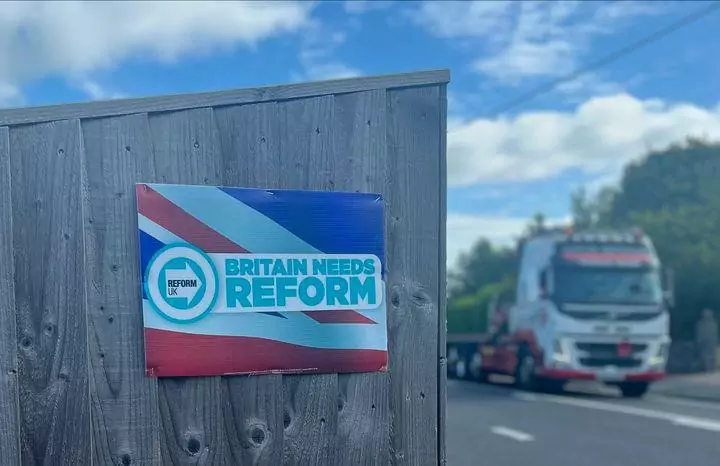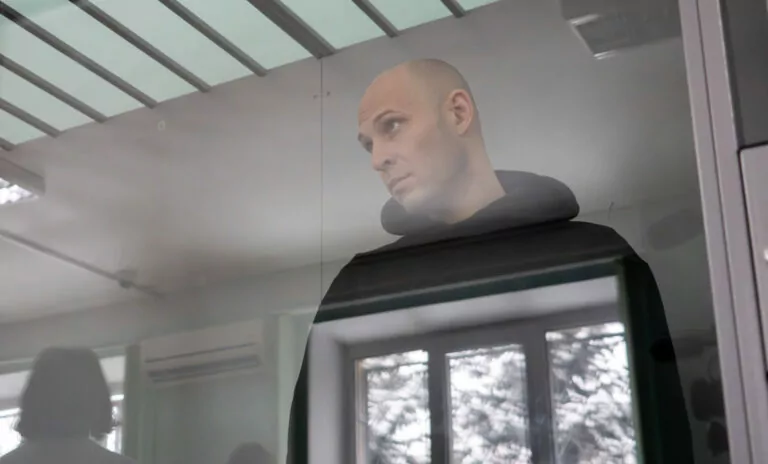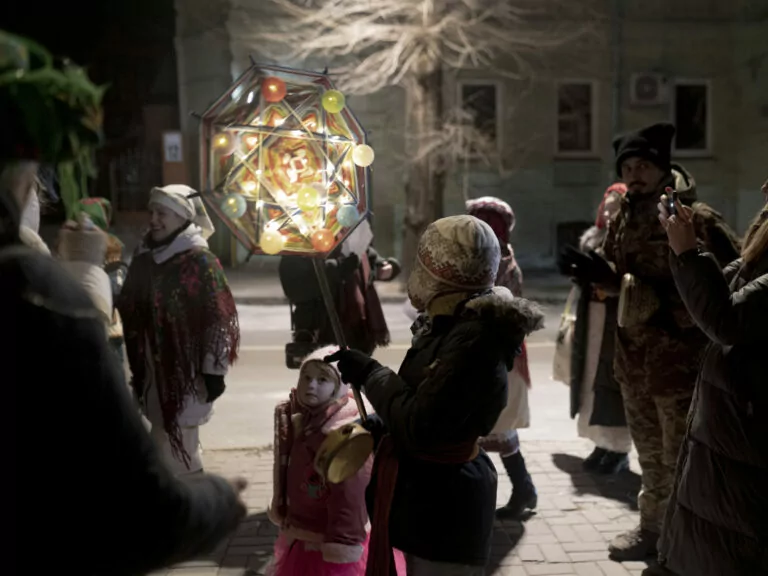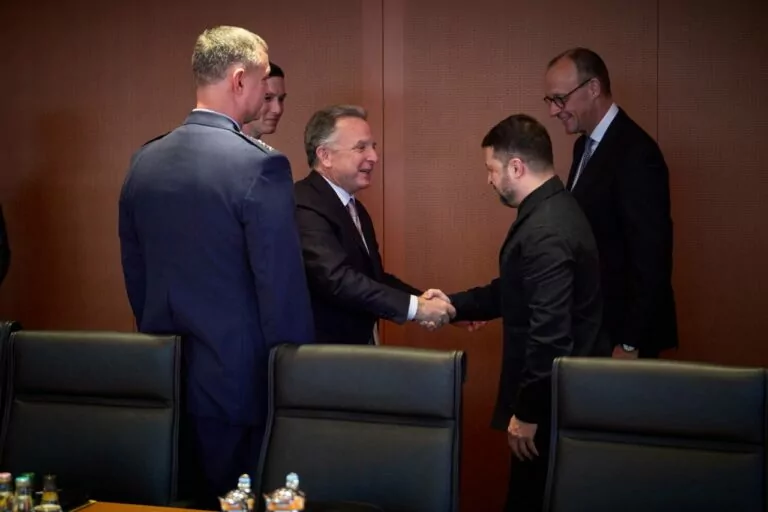Brian Dooley is a Senior Advisor at Washington-based NGO Human Rights First and Honorary Professor of Practice at Queen’s University, Belfast.
Ukraine has unexpectedly become an election issue in the British general election, which takes place on July 4. It’s a surprise because the three main parties — the governing Conservatives and the two main opposition parties, Labour and the Liberal Democrats, are in broad agreement about continuing support for Ukraine.
It’s one of the few issues where the major parties don’t fundamentally differ. All of their election manifestos — the list of policy promises they say they will implement if they win — state support for Ukraine against Russian aggression.
But now a new right-wing party, Reform UK (previously called the Brexit Party), has broken this consensus, claiming Ukraine provoked Russia into its invasions.
Nigel Farage, leader of Reform UK, says that Ukraine should strike a deal with Russian President Vladimir Putin “otherwise there will be no young men left in Ukraine”. And he blamed “EU and NATO expansion” for provoking the Russian invasions of Ukraine, saying, “It made no sense to poke the Russian bear with a stick.” Farage also named Putin as the world leader he most admired in 2014.
Another of the Reform candidates for parliament, Julian Malins, told voters that Putin “seemed very good.” Reform’s position has opened a previously closed debate in the British media.
The Reform party is new to British politics but looks likely to have a major impact on the election, where it hopes to attract voters to the right of the governing Conservative Party.
What seems certain is that after 14 years in power, the Conservatives are headed for a very heavy defeat, with the Labour Party looking certain to form the government from July 5. Most polling has Labour winning over 40 percent of the vote, with the three other parties — Conservatives, Liberal Democrats and Reform — winning 10-20 percent each.
But some polls have Reform as beating the Conservative party into second place, which would make it the most popular opposition party.
Does a strong Reform showing at the election matter to Ukraine? No and yes. First, the British voting system means that Reform could win the second-largest share of the vote but still end up with only a few members of parliament. And the near certainty of a Labour Party government means British policy towards Ukraine won’t change.
The Labour Party promises that if it wins, “the UK’s military, financial, diplomatic and political support for Ukraine will remain steadfast. Labour will support efforts to hold Putin’s Russia to account for its illegal war, backing calls for a Special Tribunal for the Crime of Aggression. We will work with our allies to enable the seizure and repurposing of frozen Russian state assets to support Ukraine. And we will play a leading role in providing Ukraine with a clear path to NATO membership.”
But substantial support for the right-wing Reform party would bring a debate about whether to support Ukraine into mainstream politics. Reform is generally running on an anti-immigration policy, and doesn’t even mention Ukraine in its manifesto, but its views on negotiating with Russia could go from being a fringe position to more politically acceptable.
Meanwhile, in France, where parliamentary elections are also under way — in two rounds on June 30 and July 7 — the far-right National Rally (RN) party says it will honour existing French commitments to Ukraine, although its leader Jordan Bardella states his “red line remains long-range missiles or any military equipment that could lead to escalation, by which I mean anything that could directly hit Russian cities.” The RN is likely to perform very strongly in the French elections, with realistic hopes of leading the new government.
Watch closely how far-right parties Reform in the UK and RN in France perform in the coming weeks for clues about whether attitudes to Ukraine are shifting in Western Europe.
Brian Dooley is a Senior Advisor at Washington-based NGO Human Rights First and Honorary Professor of Practice at Queen’s University, Belfast. He specialises in working with human rights activists in war and other conflict zones and is a regular visitor to Kharkiv.
Photo credit: Advertisement for Reform UK party in the Isle of Wight in England, July 2 / Brian Dooley
Opinion pieces reflect the thoughts of their authors and do not reflect Gwara Media’s views.




